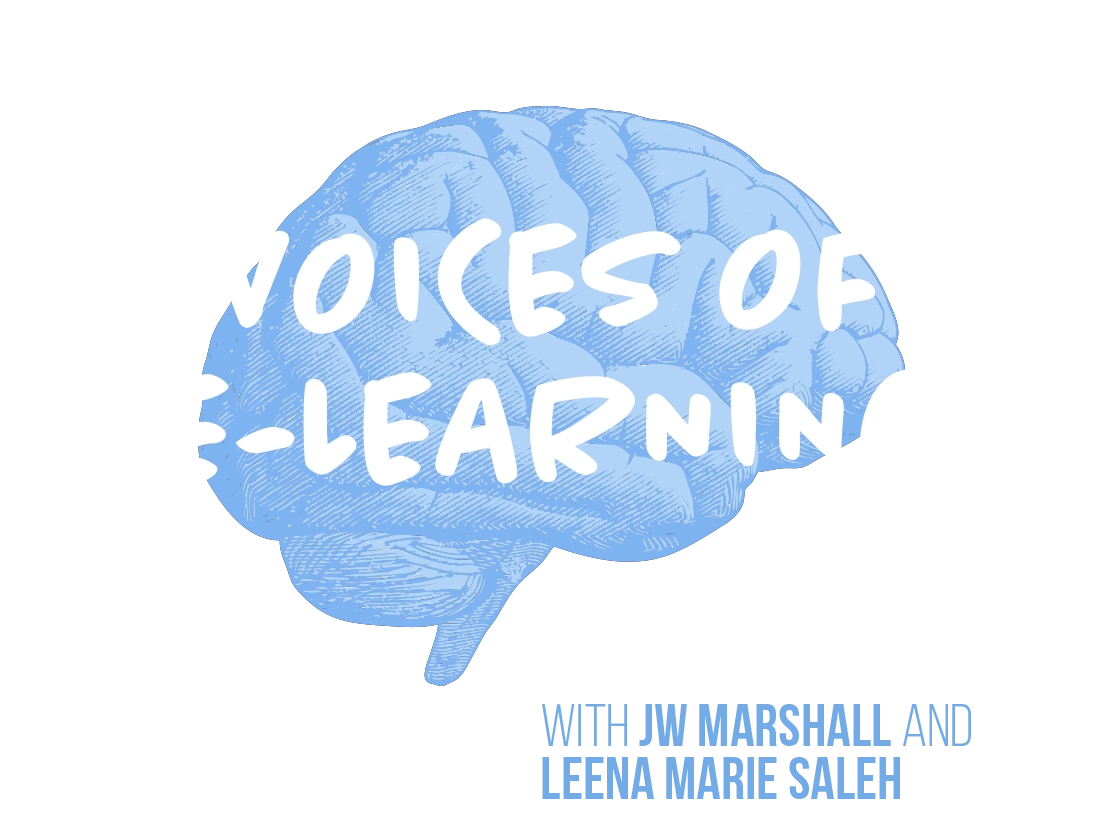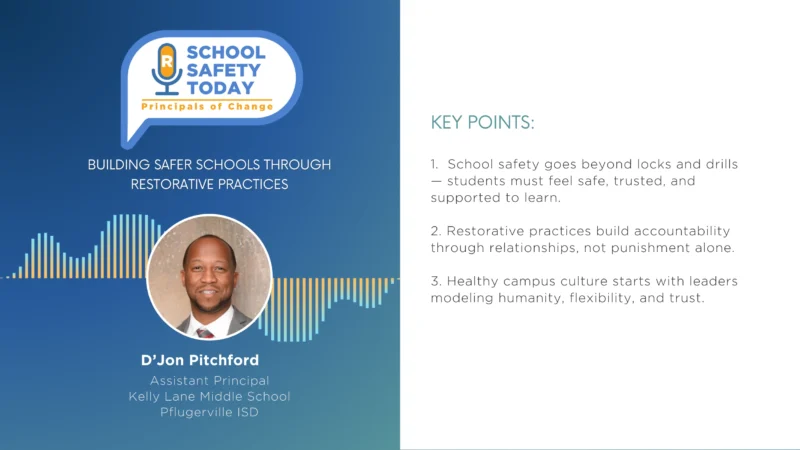Why Student Engagement and Data-Based Feedback are Keys to EdTech Success
Celebrating the leaders and experts that are powering education into the future, host JW Marshall sets out to ask the “right questions” in EdTech to understand the changes in policy and technology that will power our universities, tradeschools, and companies – and drive growth in upskilling certifications.
There have been many differing opinions about education and learning over the past year, especially concerning the educational response to the pandemic. But, to break through the noise, accurate information is required.
On this episode of Voices of eLearning, Host JW Marshall talked with John Jorgenson, CMO of Cambium Learning Group, a portfolio company, about education and learning over the past year.
Jorgenson started as an editor but moved into strategic marketing at K12 imprints. In his current role, he helps Cambium and its portfolio of digital PreK-12 brands tell their brand stories, rooted in the elements of simplicity, certainty and now.
“They felt they were actually in a better position having gone through the pandemic, having gone through all the challenges” – John Jorgenson
Jorgenson and Cambium recently partnered with a research firm to gather data via a survey. The results they turned up in this are pretty interesting. In January, they partnered with Hanover Research; 100 administrators from around the country participated in the survey. As with most surveys, they found some information that proved valuable, while some of it did not.
The first key finding was the sheer amount of absenteeism over the past year. Right behind this was the challenge of remote learning via EdTech. Teachers used technology, but as the need expanded, they were bombarded with the sheer amount of EdTech on the market. The important thing for educators was to find the essential tools they needed and what would help their students.
When it comes to technology in the classroom, equity becomes an issue. This was another key finding from their study. In more impoverished neighborhoods, students had a hard time with online learning if they didn’t have the proper technology at home. Around 50 percent of educators were concerned with equal access to technology across the board.
But, there’s a bigger surprise. Seventy-five percent of administrators were optimistic about the future.
“They felt they were actually in a better position having gone through the pandemic, having gone through all the challenges,” Jorgenson said.
Follow us on social media for the latest updates in B2B!
Twitter – @MarketScale
Facebook – facebook.com/marketscale
LinkedIn – linkedin.com/company/marketscale




